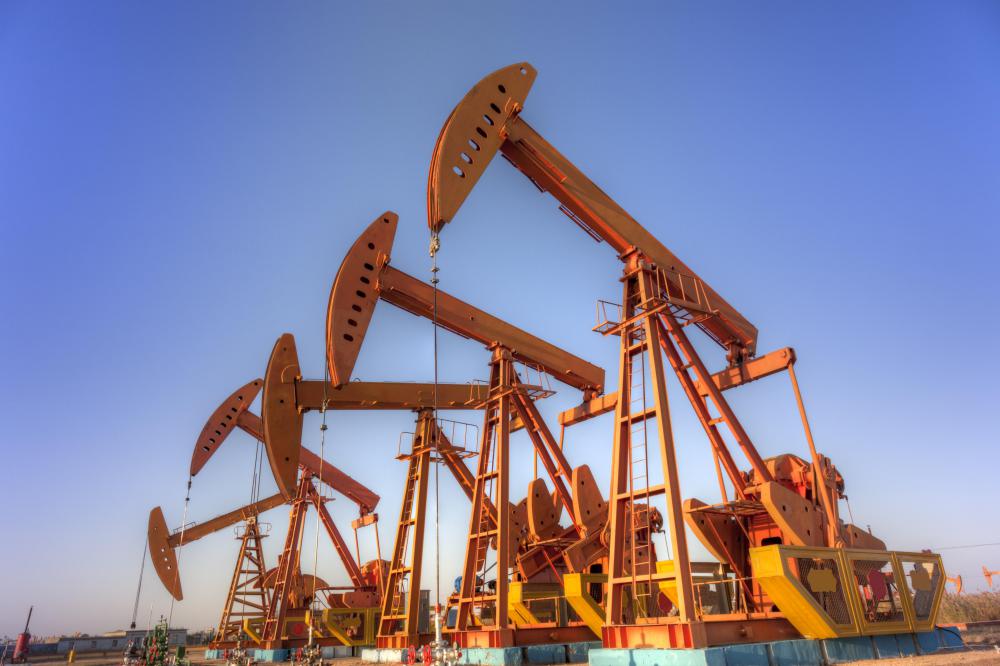At WiseGEEK, we're committed to delivering accurate, trustworthy information. Our expert-authored content is rigorously fact-checked and sourced from credible authorities. Discover how we uphold the highest standards in providing you with reliable knowledge.
What Should I Know About Sudan?
The Republic of the Sudan is a large country in Northeast Africa. It is actually the tenth largest country in the world, with a total surface of 967,495 sq mi ( about 2,505,813 km²), but it has a relatively low population for its size. The capital city, Khartoum, meaning "Elephant Trunk," is the economic center of the country, but not the largest city. Khartoum holds the largest airport in the country, all the main universities, and the largest and most modern hotels. Omdurman, the largest city in the country, is close by. Omdurman is the industrial center of the country.
The Sudan has been passed around from hand to hand for centuries. It has been inhabited for at least 60,000 years, with the Egyptians playing an important part in its history and cultural growth. The Arabs didn't arrive in the area until the 13th century, but when they did, they took over both the political and cultural heritage of the country.

At the beginning of the 19th century, the country was under the rule of Egypt. By the beginning of the next century, however, the British had taken over and kept control until the country gained its independence in 1956. Sudan now has a government of National Unity, which is a totalitarian regime completely under the control of the political and military leader, Omar al-Bashir. The country is in war or conflict with several of its neighbors. The government has also refused to allow UN committees to enter its territory.
Sudan's population is almost equally divided between African ethnic tribes and Arabs. Arabic and English are both official languages, although over a hundred dialects are spoken throughout the territory. Most residents are Muslims.

The country has a booming export system of crude oil, although the precarious state of the country means that some sectors are still underdeveloped. Sudan also produces manganese, gold, copper, and chrome. Agriculture has been the main source of income for the country for the past century or so. The unskilled work force is mainly employed in the agricultural sector.
AS FEATURED ON:
AS FEATURED ON:













Discuss this Article
Post your comments